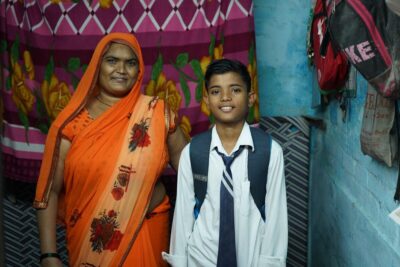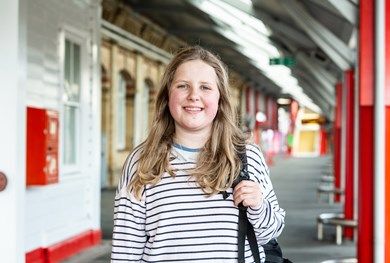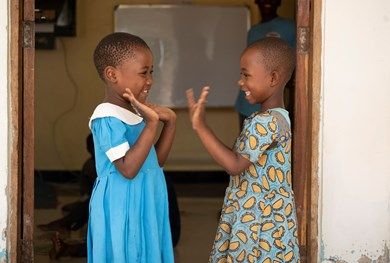Since Railway Children was founded in 1995, the charity has had one mission: to keep street-connected children safe wherever they are in the world.
It’s ambitious. But that doesn’t faze us.
Empowering Vulnerable Young People
In India, Tanzania and the UK, we’ve saved and changed the lives of vulnerable children at risk of a life on the streets – or already surviving their cruelty.
And we’ve achieved landmark policy changes across all three countries to better protect street-connected children.
Our goal is global change, and we won’t stop until every child at risk of being lost to the streets is protected.
We’ve already achieved a lot with the help of our partners and supporters. But there’s more to do.
Are you with us?
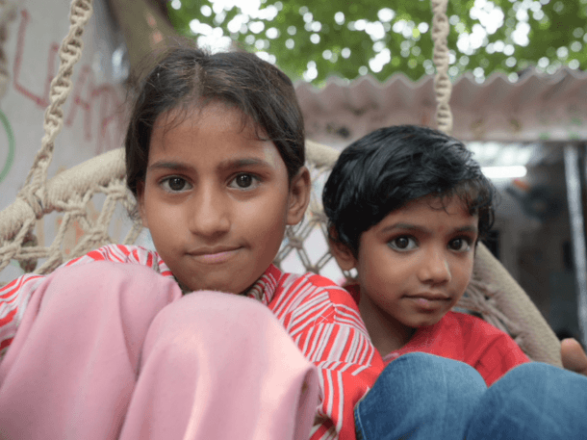
How we're leading the change
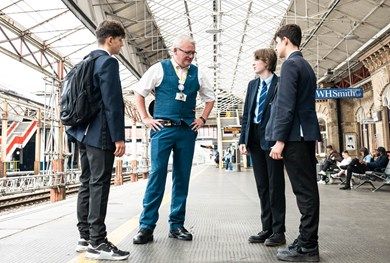
…through unique partnerships
Our safety nets set up across transport networks identify children at risk so we can get them to safety sooner. And our unique partnerships with transport operators and the transport community make it possible.
They put us in a powerful position to spot the changes needed and make them happen – from changing physical environments to enabling everyone working on transport networks to take action that saves and changes children’s lives.
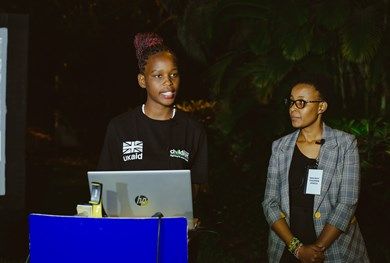
…through unique partnerships
Our safety nets set up across transport networks identify children at risk so we can get them to safety sooner. And our unique partnerships with transport operators and the transport community make it possible.
They put us in a powerful position to spot the changes needed and make them happen – from changing physical environments to enabling everyone working on transport networks to take action that saves and changes children’s lives.
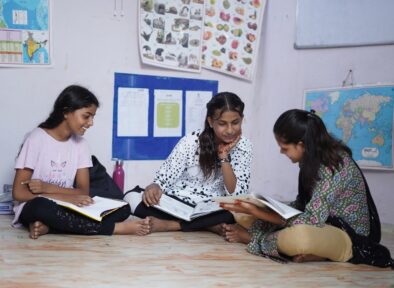
…through unique partnerships
Our safety nets set up across transport networks identify children at risk so we can get them to safety sooner. And our unique partnerships with transport operators and the transport community make it possible.
They put us in a powerful position to spot the changes needed and make them happen – from changing physical environments to enabling everyone working on transport networks to take action that saves and changes children’s lives.
From Waterloo Station to the global stage:
Where it all began
Railway Children founder, David Maidment, will never forget the haunted eyes of a young girl being cruelly exploited on an Indian railway.
This chance encounter was a life-changing moment for David who, on returning to Britain, set about establishing the Railway Children charity which was launched under Waterloo’s iconic clock in the summer of 1995.
Since then, Railway Children has saved and changed the lives of some of the world’s most vulnerable children.
“Some children had, on average, between 10 and 20 minutes [on the transport system] before being picked up by someone who would exploit them – a paedophile, drug pusher or someone else who would harm them in some way.
“I couldn’t live with that.”
David Maidment
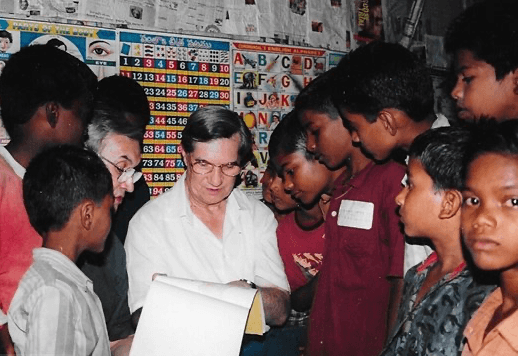 Play Video
Play Video
